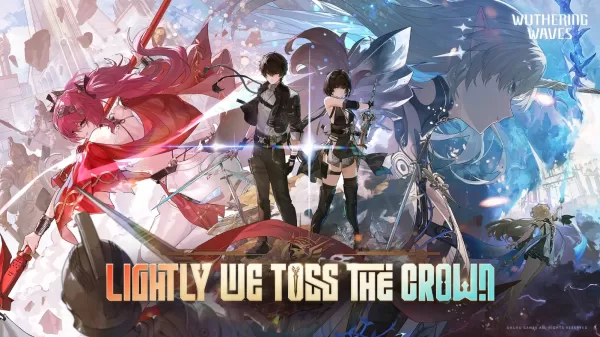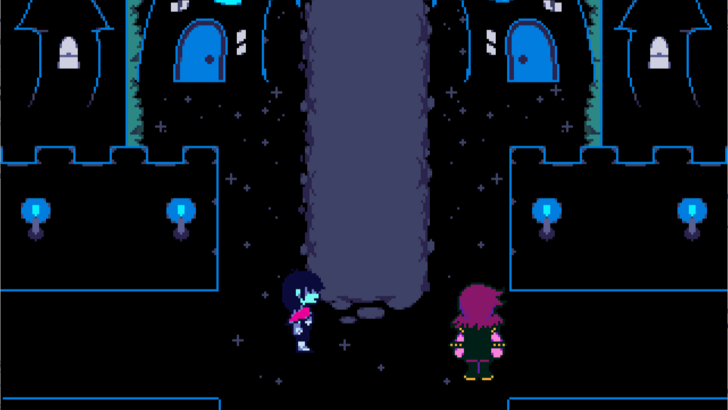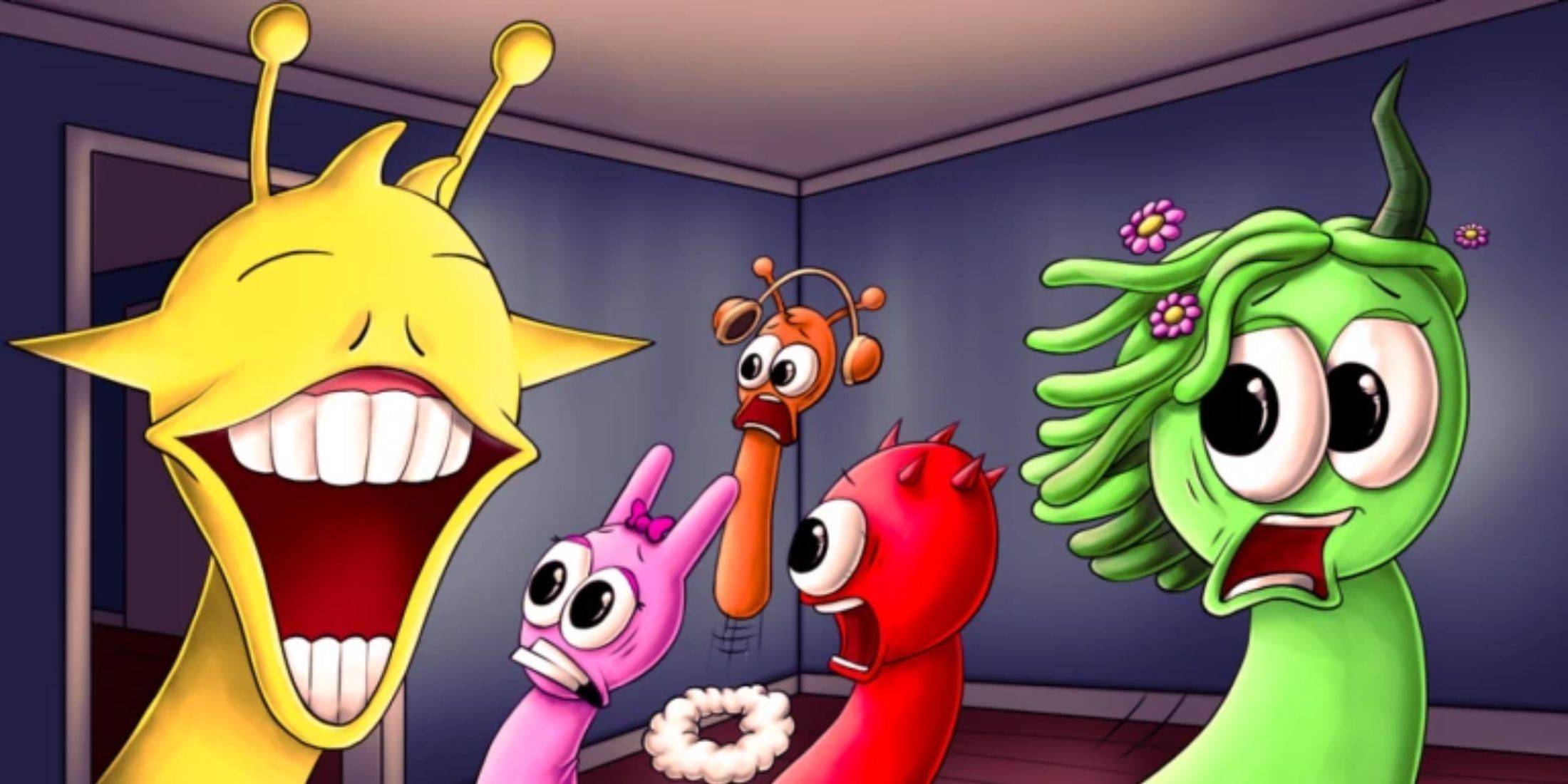Microsoft has recently unveiled an interactive demo inspired by Quake II, utilizing its advanced AI systems, Muse and the World and Human Action Model (WHAM). This demo showcases real-time, AI-generated gameplay visuals and simulates player behavior, creating a playable environment without a traditional game engine. According to Microsoft, the demo dynamically generates gameplay sequences where each player input triggers a new AI-generated moment, offering a glimpse into the future of AI-powered gaming.
The demo, however, has received mixed reactions from the gaming community. After Geoff Keighley shared a video of the demo on X / Twitter, many were quick to criticize it. Some expressed concerns about the future of gaming, fearing that AI-generated content might overshadow human creativity. A Redditor lamented the potential loss of the "human element" in games, while others questioned the feasibility of Microsoft's ambition to create a catalog of games using this AI model, given the demo's limitations.
Despite the criticism, not all feedback was negative. Some saw the demo as a promising step forward, highlighting the potential of AI in creating coherent and consistent game worlds. They viewed it as a tool for early concept development rather than a finished product, suggesting it could lead to advancements in other AI applications.
The debate around this demo reflects broader concerns within the gaming industry about the role of generative AI. Recent examples, such as Keywords Studios' failed attempt to create an AI-generated game and Activision's use of AI for Call of Duty: Black Ops 6 assets, illustrate the industry's mixed experiences with AI. Additionally, the controversy surrounding an AI-generated video featuring Horizon's Aloy has brought ethical and rights issues into the spotlight, further fueling the discussion on AI's place in gaming.
As the industry continues to navigate these challenges, the conversation around AI in gaming remains vibrant and contentious, with opinions ranging from cautious optimism to outright skepticism.








![Taffy Tales [v1.07.3a]](https://imgs.xfsxw.com/uploads/32/1719554710667e529623764.jpg)











